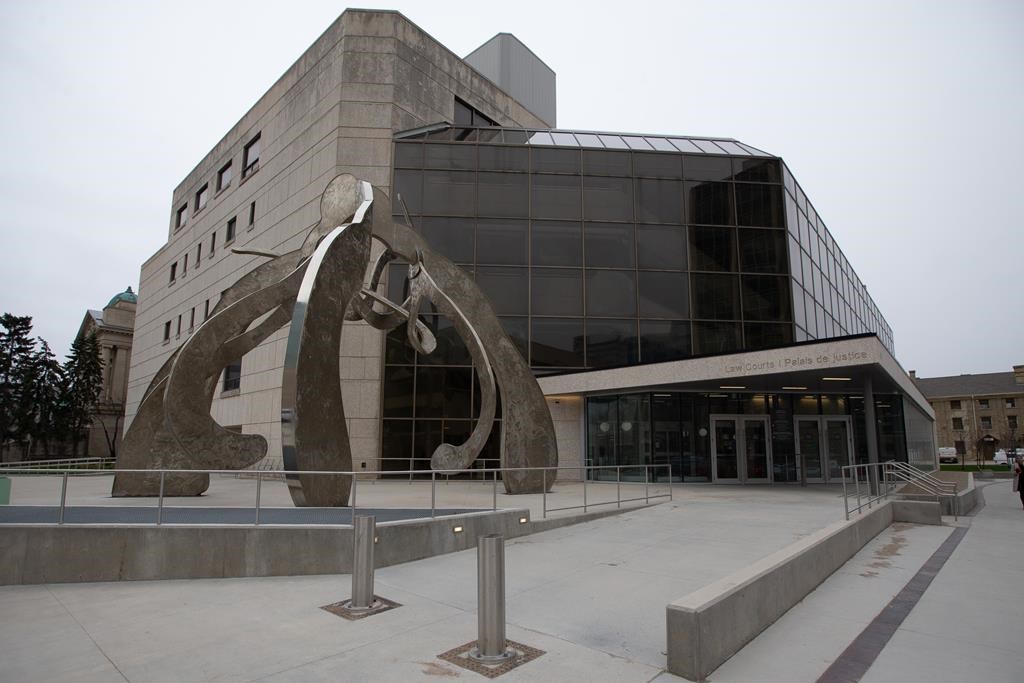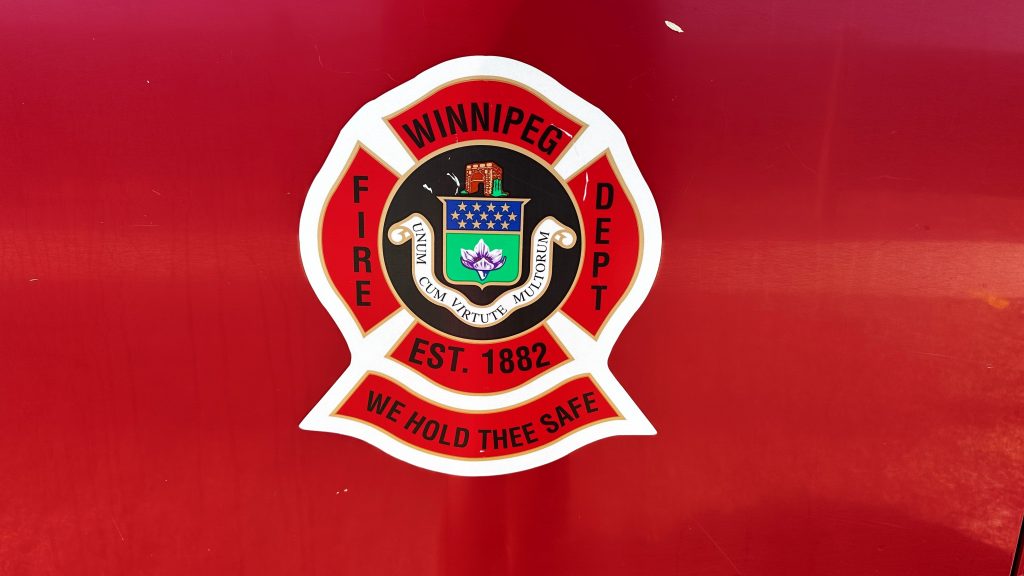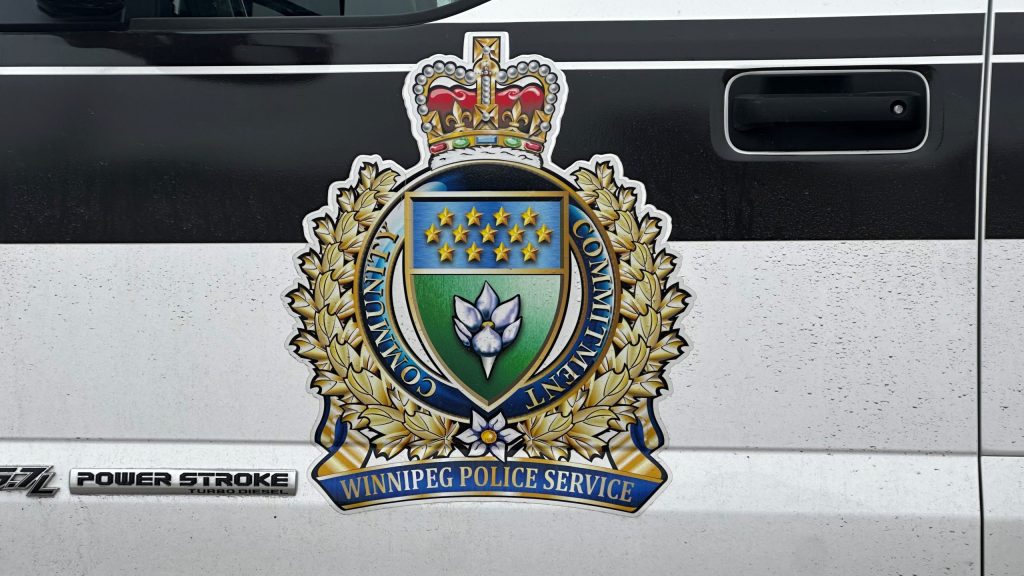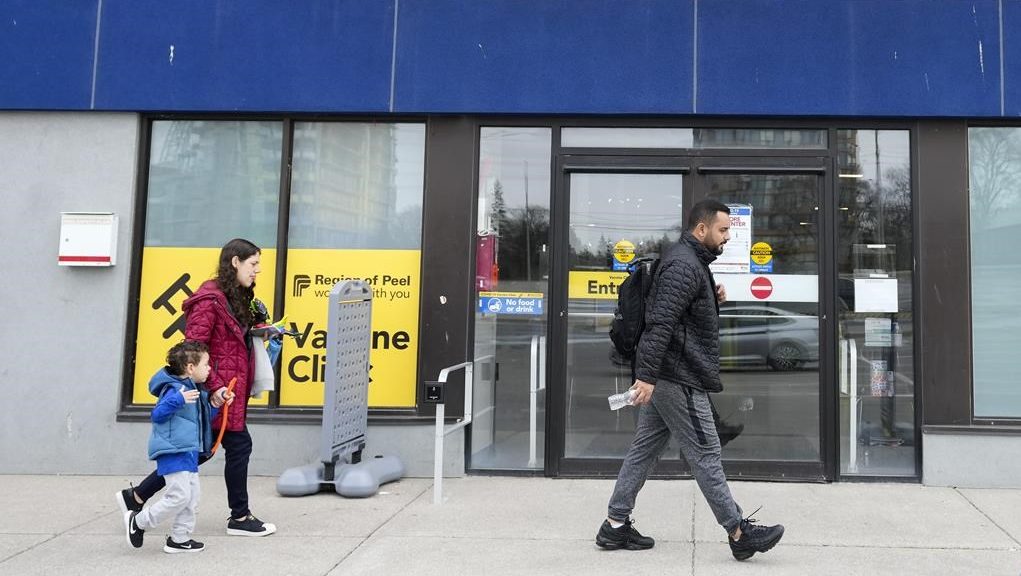Whitecaps whistleblower says sports abuse registry, federal measures not enough
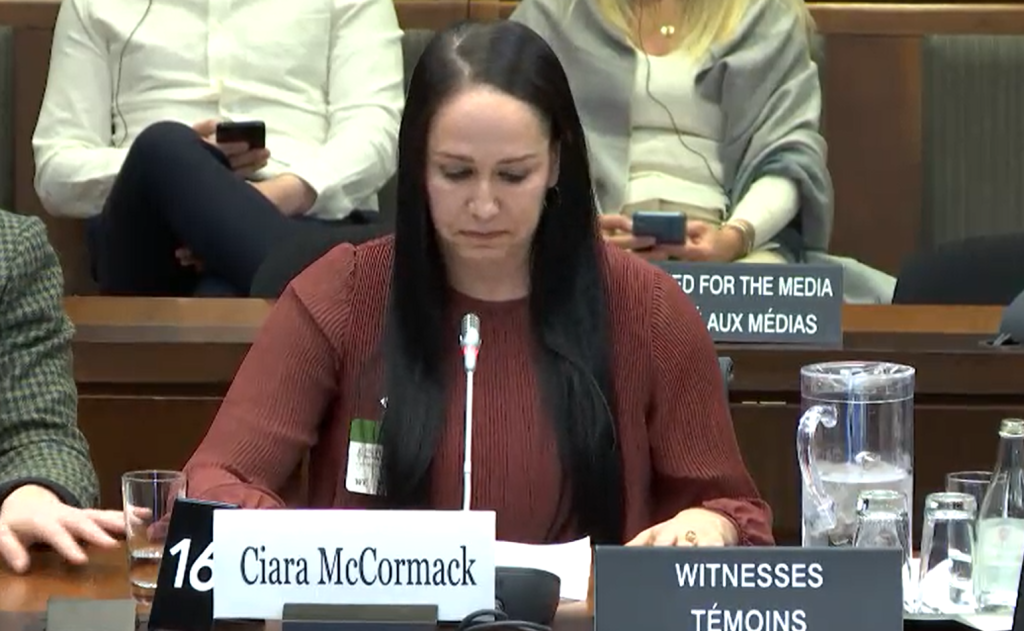
Posted May 12, 2023 2:34 pm.
Last Updated May 12, 2023 5:15 pm.
The woman who blew the whistle on abuse within the Vancouver Whitecaps and Canada women’s soccer programs says the creation of a federal registry of people banned from amateur sport only amounts to a band-aid solution.
Ciara McCormack says the government has also failed to properly consult those directly affected by abuse on the plan.
“They didn’t really include the whistleblowers and survivors, per se, in the conversation, which I think is important, obviously, because I feel like we’ve been at the heart of the issue,” she told CityNews.
“I think, just on a logical level, to solve a problem, it’s really important to include people in the discussion that have been in the trenches of the situation.”
McCormack, who was the first to go public with abuse allegations against former coach Bob Birarda, was among the athletes who spoke before a Standing Committee on Canadian Heritage in Ottawa last month, pushing for a national inquiry into the abuse of Canadian athletes.
Part of my statement in front of the Canadian government’s Heritage Committee today.
Anything less than a national inquiry at this stage is complicity in the now known rampant abuse of Canadian athletes. pic.twitter.com/y59lhxYohJ
— Ciara McCormack (@ciaramccormack) April 24, 2023
She spoke about her own experiences, including the claims against Birarda, and noted how her reports and those of others resulted in no action, forcing her to take matters into her own hands.
On Thursday, the federal government announced it was taking steps to “improve accountability and foster a safe and sustainable culture change in sport.”
As part of the measures, the government says it will “establish, within a year, a public registry of individuals who have been sanctioned under the (Universal Code of Conduct to Prevent and Address Maltreatment in Sport) and whose eligibility to participate in sport has in some way been restricted.”
However, McCormack says there won’t be any meaningful change if those who are abused within sports aren’t asked for their input.
“We continue to sort of throwing mud at a wall and hoping something sticks when there is a precedent and a potential solution to get to the bottom of it and to get to the actual solutions that are going to be the most effective,” McCormack explained.
Related articles:
-
Vancouver Whitecaps whistleblower Ciara McCormack pushes for inquiry into sports abuse
-
‘Not a shred of doubt:’ Whitecaps abuse whistleblower relieved as former coach pleads guilty to sex crimes
-
Former Whitecaps women’s players demand further action amid abuse investigation
She says there also remains a need for a third-party, independent reporting tool that is separate from the organizations themselves, as well as more clear criteria to explain what would constitute a ban.
The soccer player admits it’s positive to see action on this issue. However, she says nothing short of a national inquiry will fully reveal which parts of the system need to be changed.
McCormack adds without concrete action, “It’s hard to really get excited about anything.”
“If anything, it can be somewhat problematic because it makes the public think the problem is solved but, in reality, without those concrete steps, we’re still at square one,” McCormack said.
Other measures announced by the government include a Sport Canada Compliance and Accountability Unit to work with organizations and experts to develop action plans.
Canada Minister of Sport Pascale St-Onge says national sports organizations will also have to “fully adopt the foundational governance principles in the Canadian Sport Governance Code by April 2025″ in order to receive federal funding.
“At the federal level, our connection to the sport system is through the funding we provide to organizations. We will use this as a lever for change,” she said.
